We've found 1000 matches for your search. Order by
Results
-
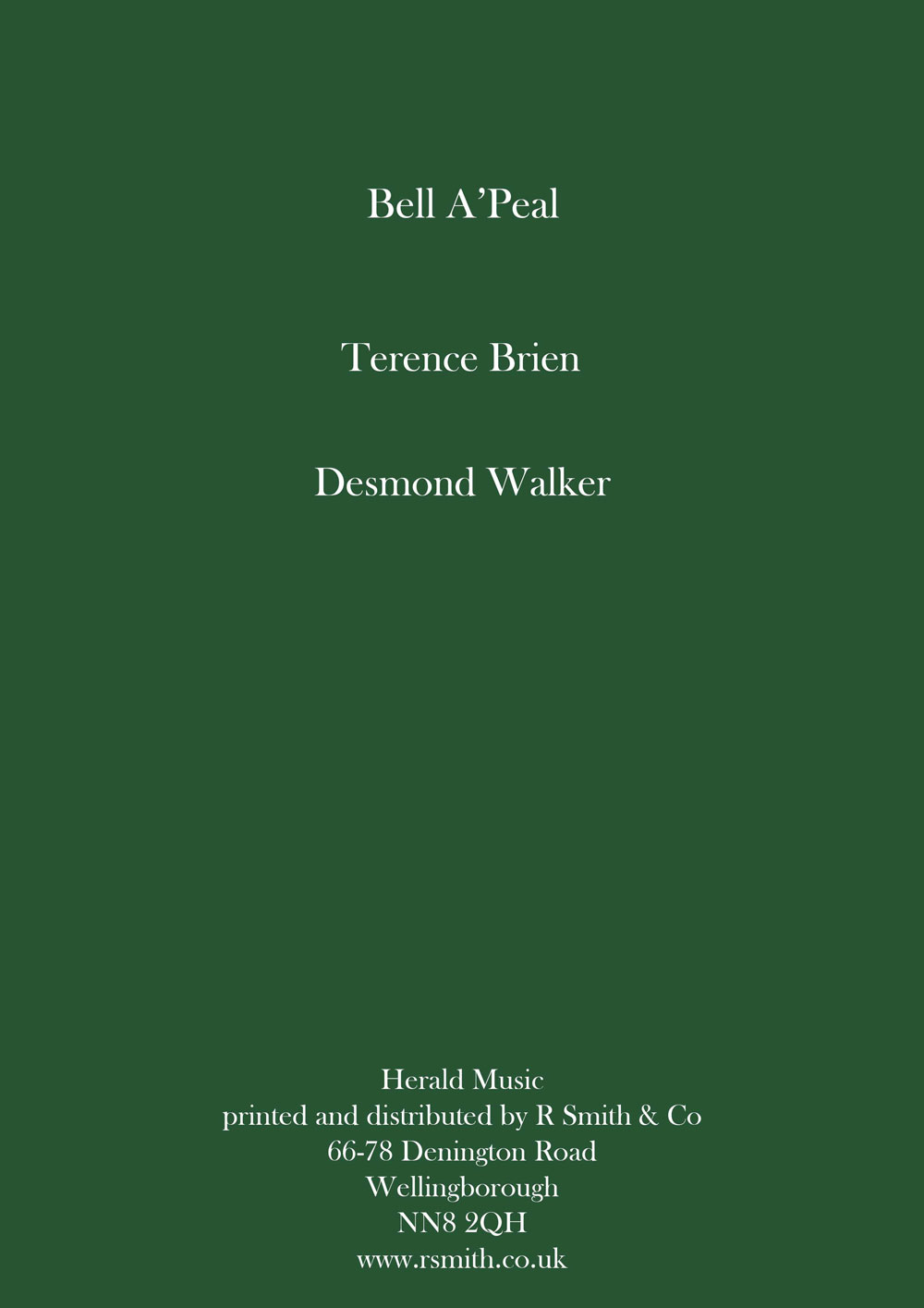 £28.95
£28.95Bell a'Peal (Brass Band - Score and Parts)
Originally for Concert Band, this piece has been arranged for Brass Band by Desmond Walker.
Estimated dispatch 7-14 working days
-
£89.95
Cambridge Variations (Brass Band - Score and Parts)
Written in 1992, commissioned by Philip Biggs & Richard Franklin for the All England Brass Band Championships. The work falls into five sections (variations) which are performed continuously. 1. The introductory first section contains a chorale, which sta
Estimated dispatch 7-14 working days
-
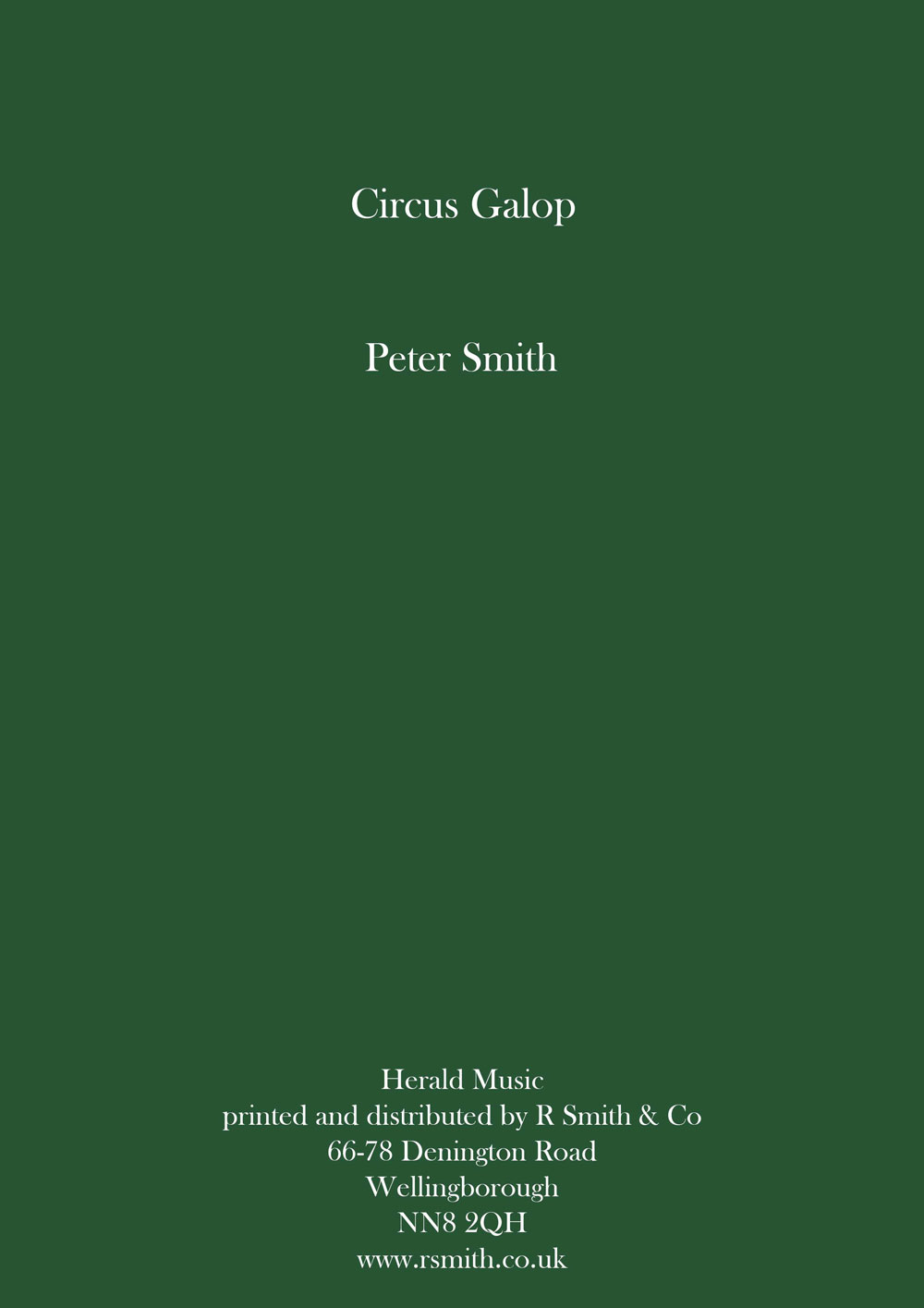 £29.95
£29.95Circus Galop (Brass Band - Score and Parts)
An original composition for brass band
Estimated dispatch 7-14 working days
-
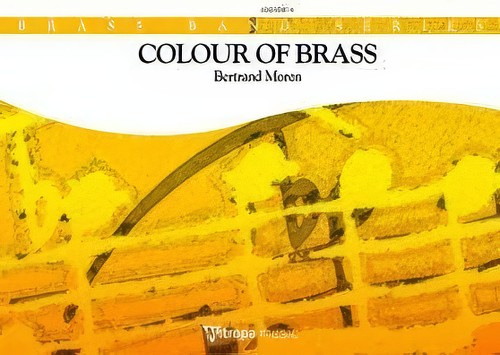 £60.99
£60.99Colour of Brass (Brass Band - Score and Parts) - Moren, Bertrand
Duration: 3.30
Estimated dispatch 7-14 working days
-
£25.00
KINGS OF BRASS (March) - D.Broadbent
Estimated dispatch 7-14 working days
-
 £33.91
£33.91Sounds of Brass - Kevin Ackford
Score & Parts Written as the signature tune for Phillip Hunt's BBC radio programme, with its energy and drive it is a perfect opener for your concert or entertainment contest programme. Recorded by Black Dyke on the CD Essential Dyke Volume VI.
Estimated dispatch 5-7 working days
-
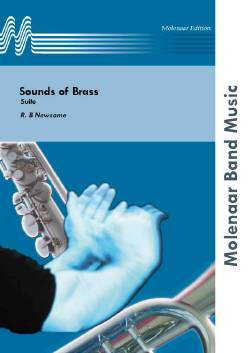 £71.00
£71.00Sounds of Brass - R. B Newsome
Estimated dispatch 10-14 working days
-
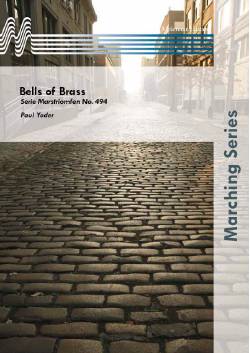 £28.00
£28.00 -
 £62.99
£62.99Kings Of Brass
Estimated dispatch 7-14 working days
-
£106.80
Lord Of Brass - François Rousselot
Estimated dispatch 5-14 working days
